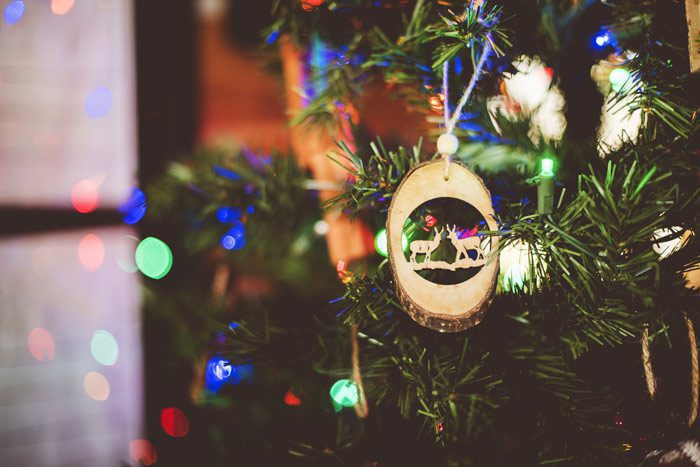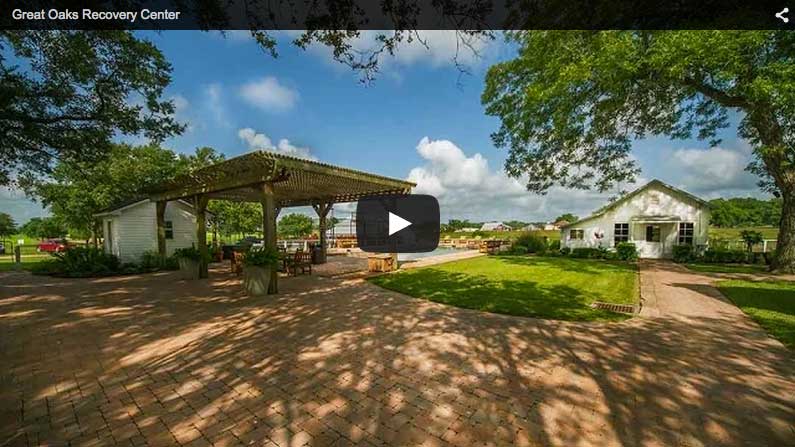 The well-known Christmas carol may indicate that it’s the most wonderful time of the year, but for people in recovery from a substance use disorder, the holiday season can be a minefield of relapse triggers. This post highlights several of these triggers and offers tips for keeping your holiday happy and substance-free.
The well-known Christmas carol may indicate that it’s the most wonderful time of the year, but for people in recovery from a substance use disorder, the holiday season can be a minefield of relapse triggers. This post highlights several of these triggers and offers tips for keeping your holiday happy and substance-free.
SAD Times
Starting in October and continuing into the spring months, many people struggle with the “winter blues,” otherwise known as Seasonal Affective Disorder (SAD). SAD is a specific type of depression that may occur on its own or in conjunction with existing depressive symptoms. The Mayo Clinic lists the following symptoms of SAD:
- Depression most days, for much of each day
- Loss of interest in previously joyful hobbies
- Decreased energy
- Sleep difficulty
- Fluctuations in weight and/or appetite
- Difficulty focusing
Treatment for SAD is similar to treatment for other types of depression: medication and/or therapy. In addition, vitamin D supplementation, light therapy, and other self-care practices can ease symptoms.
One Less Coping Skill
For people who grew up in dysfunctional or abusive families, substances may have been the tool they used to get through family gatherings. Without the option of getting drunk or high to numb uncomfortable or painful feelings, getting together with loved ones may be too much for people in recovery. In this case, finding other, healthier ways to cope with family gatherings–or avoiding them altogether–is crucial.
Speaking of Tradition
In some families or social circles, Thanksgiving or Christmas festivities are just as likely to include boozy beverages as they are to include a turkey or a pumpkin pie. It may feel sacrilegious to ask that the eggnog or punch not include alcohol. In fact, one person getting sober can feel like a threat to other family members who might be all too aware of their own tendencies toward overusing alcohol.
Lack of Comprehension
Some relatives may have been unaware or in denial of how severe their loved one’s substance use had become. Instead of being supportive and encouraging, they may minimize the sober person’s needs and double down on family adherence to traditions that threaten sobriety. At work, colleagues may not know a person is in recovery and may offer them alcoholic beverages at holiday parties, triggering a potentially awkward situation.
Isolation
Some people in recovery try to reduce their risk of relapse by skipping gatherings where alcohol is likely to be served or where they will experience feelings that increase their risk of relapse. Unfortunately, this can lead to the person feeling isolated, which is also a relapse risk. Therefore, it is important, especially around the holidays, to have a plan for preventing and dealing with feelings of loneliness.
The Recipe for Long-Term Recovery
SMART Recovery indicates that there are three markers of long-term success in sobriety, regardless of what time of year it is:
- The person is committed to their abstinence.
- The person builds their lifestyle around their recovery.
- The person plans for and practices how they will handle temptation.
In addition, people who are committed to sobriety ask themselves three questions before attending a holiday event:
- What is this event really about? Is it really a festive celebration of the season or just another excuse for participants to get drunk?
- In my stage of recovery, is this the best event for me to attend?
- Why do I want to go?
Navigating the Holidays Sober
The Huffington Post ran an article with specific suggestions for how people can make it through the holiday season without relapsing:
- Be honest with yourself about the risks involved in attending certain events and if you are ready to navigate those risks.
- Bring a friend who is also sober, so that you won’t be the only person who is not drinking.
- Talk to your sponsor about your holiday plans, and listen to the wisdom they are able to share.
Practice saying no. - Keep a drink in your hand that doesn’t contain alcohol. People are less likely to offer you a drink if you are already holding one.
- Have an exit strategy in case the temptation becomes too great.
It’s My Party
If all else fails, you can always host your own event. If the people you normally spend the holiday with aren’t willing to accommodate your recovery needs, then you can start your own tradition and invite people who are interested in celebrating while sober. This could include family and friends who prefer not to deal with drunken shenanigans or hangovers, as well as new friends within the recovery community.
We Can Help
Remember that relapse is not the end. If you or a loved one find that the holiday season gets the best of you and leads to a slip or a relapse, don’t despair. You have not failed. You have simply discovered that you need to revisit and tweak your recovery plan. Great Oaks Recovery Center can help. Call us to learn more about our nonjudgmental, compassionate care for those who are just beginning recovery or who have experienced a relapse.
If you or someone you love is in need of alcohol or drug treatment, contact our Texas drug and alcohol rehab center anytime at (877) 977-3268. We are here to help.
Source:
psychologytoday.com/us/blog/the-high-functioning-alcoholic/200911/the-holidays-survival-guide-sober-alcoholics


